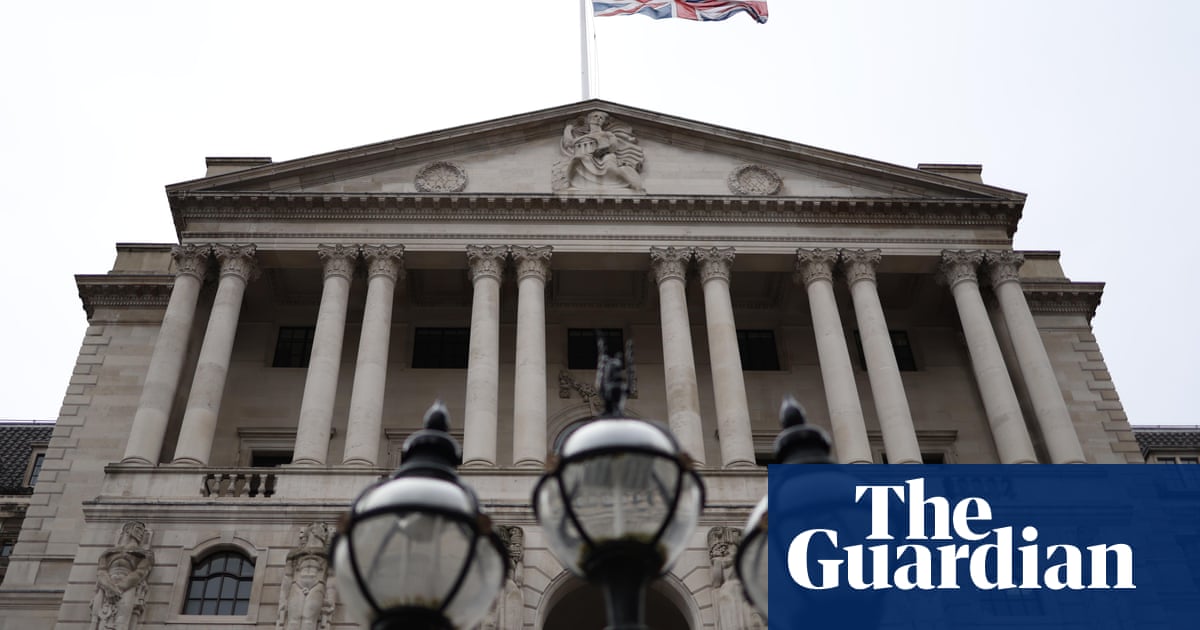
Last week was a bloody one on international stock markets. Disappointing earnings, mounting trade tensions between China and the US, the standoff between the Italian government and the EU over budgetary discipline and the high dollar’s impact on many emerging-market economies were just a few of the concerns on investors’ minds.
Against that backdrop, oil prices have fallen a good 10 percent from their highs of nearly $87 per barrel of Brent at the beginning of October. They started the week at around $77 in early Monday trading.
Over the past few months oil stocks have been building moderately. The oil price is in contango, which means the spot price is lower than future contracts.
As always, when the oil price rises, many observers expect the sky to be the limit, and when it falls they anticipate a never-ending downward spiral. But the situation is more complex than that. Markets are still relatively tight and the next few weeks will determine whether the decline in prices continues.
On the downside, stock market woes and the fear of trade wars have a negative effect. The strong dollar also brings problems for emerging markets, with current account deficits in countries such as Turkey, Argentina or Indonesia. If these countries are net importers of oil, this will impact their ability to buy crude. The IMF also made downward revisions to economic growth in most countries, which could indicate another negative for global oil demand.
Turkey is the fourth largest buyer of Iranian crude so President Erdogan has been a vociferous critic of the Iran sanctions.
Cornelia Meyer
Members of the OPEC alliance with other producers led by Russia, known as OPEC+, pumped more oil in September compared to August. In 2016, OPEC+ agreed to take 1.8 million barrels per day (bpd) out of the market to reduce the historically high global inventories overhang. In June, compliance with the agreement was well above 150 percent and in August it stood at more than 120 percent. The overcompliance reversed the inventories overhang and markets became incredibly tight. In September they were finally able to reduce overcompliance to 111 percent. A recent OPEC press release even voiced worries that the market might become oversupplied again, a concern echoed by Saudi Energy Minister Khalid Al-Falih at a conference last week.
In the meantime, markets are still relatively tight. The next few months should shed light on the direction of travel. The lynchpin is what will happen with the Iran sanctions. The US administration seems split, with National Security Adviser John Bolton advocating very strict implementation and the State Department also throwing the level of the oil price into the equation when assessing the sanctions.
The new Iran sanctions come into force on Nov. 4. Bolton would like to see Iranian oil exports going down to zero; while Japan and South Korea have already halted buying Iranian crude, India, Turkey and China see things differently. Turkey is the fourth largest buyer of Iranian crude so President Erdogan has been a vociferous critic of the Iran sanctions. India’s refineries are calibrated to accommodate heavy crude, and Venezuela’s economic collapse has resulted in shortages of shipments to Indian refiners. India needs to replace Venezuelan barrels with oil of a similar quality — and finding alternatives to Iranian crude is a challenge.
China’s refineries are thirsty and the country will import crude oil from wherever it can get it. Sinopec and CNPC will not load any Iranian cargo in November. Beijing is, however, in conversation with the State Department in an attempt to gain exemptions to get at least some oil from Iran. In the meantime, China has busied itself putting Iranian crude into storage.
It is unclear how many barrels the Iran sanctions will take out of the oil market. Saudi Arabia has said that it will pump whatever it takes to replace any shortfalls due to the Iran sanctions. That is encouraging. However, there is still Venezuela, where production may go below 1 million bpd if economic decline is not halted. There is Libya and Nigeria, where production is unreliable due to domestic political and security situations. Then there is the international oil companies that canceled or postponed investments of up to $1 trillion during the years of ultra-low oil prices.
OPEC and Al-Falih are correct that markets currently err on the side of oversupply. However, markets could turn on a dime depending on how the impending Iran sanctions and other impediments to supply pan out. In that sense OPEC+ is an encouraging development, because the framework gives those 25 countries the ability to react relatively quickly to the vagaries of the market.
Cornelia Meyer is a business consultant, macro-economist and energy expert. Twitter: @MeyerResources
Disclaimer: Views expressed by writers in this section are their own and do not necessarily reflect Arab News" point-of-view











